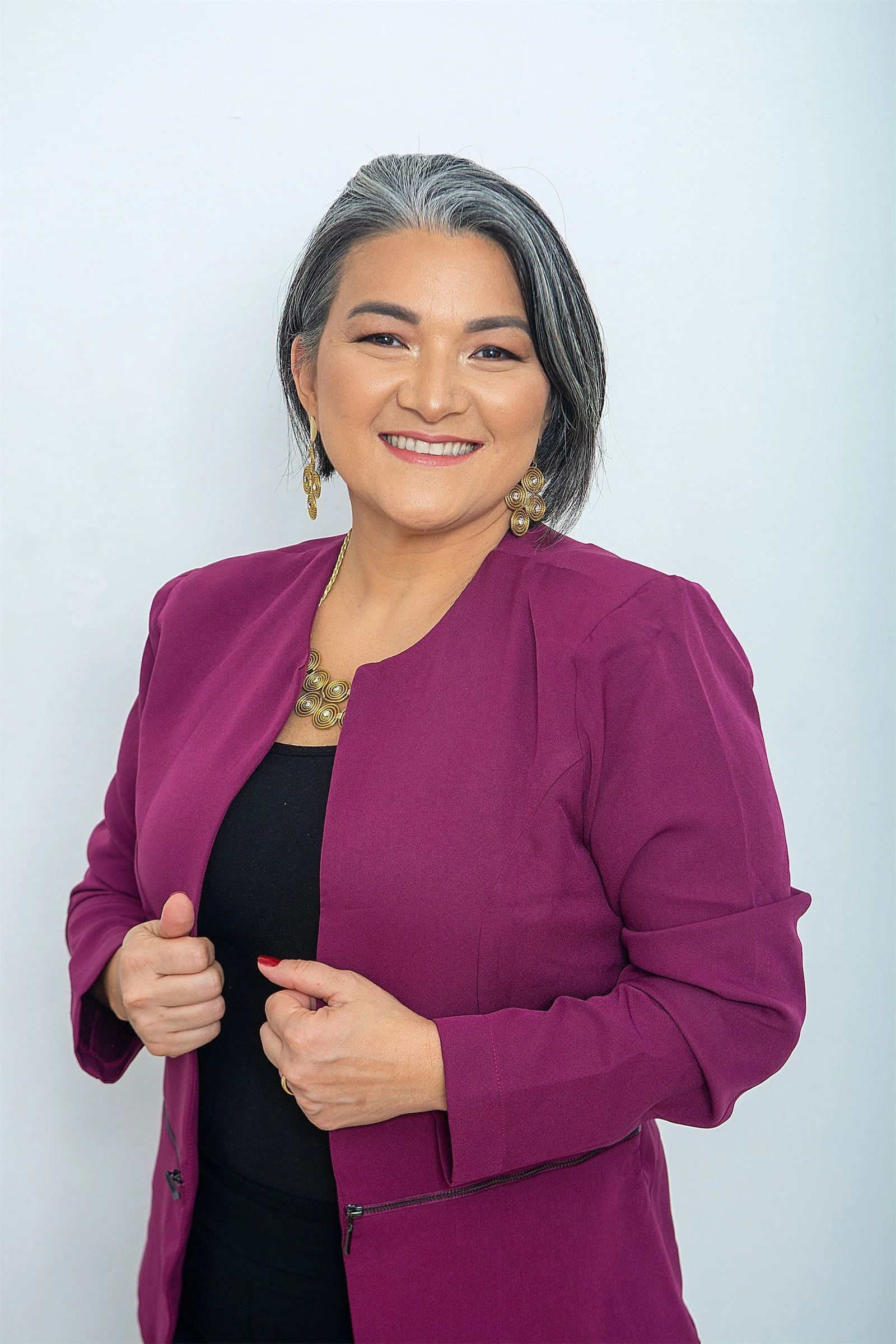Estates & Probate
Kimberly expertly guides you through every step of the intricate process of estate planning and probate, ensuring that you are well-informed and prepared, ultimately safeguarding your family’s future.
“Protecting what you’ve built, so your loved ones can move forward with confidence.”
Defining terms
What is probate, and how does it work?
Probate is the legal process that occurs after someone passes away, during which their will is validated, debts are settled, and assets are distributed to beneficiaries. This process involves court supervision to ensure the deceased’s wishes are honored and legal obligations are fulfilled.
1
Estate evaluation
We begin by assessing all assets, debts, and legal documents to understand the full scope of the estate.
2
Court proceedings
Our office handles all legal filings and represents you in court to validate the will and appoint an executor.
3
Asset distribution
We ensure that assets are distributed according to the will or state laws, resolving any disputes that arise.
Care plans
Why choose Durham Law for estate planning?
Our compassionate approach and comprehensive expertise make us the trusted choice for securing your family’s future. We take the time to understand your goals, offering tailored strategies to protect your assets and honor your wishes.
Common situations
No existing will
Contested wills
Complex estates
Tax considerations
Business succession
Guardianship for minors
Charitable bequests
How we can help
No matter your situation, Kimberly Durham has the experience to provide personalized solutions tailored to your needs.
Testimonials
Stories of success from our happy clients.
-

“Kimberly Durham at Durham Law helped me out of a serious legal situation I found myself in and I was very happy with the result. I have used Durham Law for many years, including helping my grandmother with her estate plan and helping me sort out my own matters.”
Jesse G.
-

“Durham Law was professional and compassionate when she helped my Mother with her will. She was fast, easy to work with and did a great job..”
Kari K.
-
“Durham Law made the complex process of LLC setup incredibly smooth and efficient. Their clear guidance and prompt service gave me complete confidence. I'd absolutely trust them for future business needs.”
Sophie S.
-
“I didn’t even know what '“probate” meant when my husband passed, but Kimberly guided me through every step with patience and expertise. Her support kept me strong.”
Karen T.
-

“I was worried probate would turn into a family battle, but the attorneys kept everything fair and on track. They helped us work through the issues and made sure my loved one’s wishes were followed.”
Jaxsen W.
-
“I had put off estate planning for years, but the attorneys made the process simple and stress-free. They helped me establish a will and trust to protect my family’s future, all with exceptional professionalism.”
Misty Q.
Common questions
Not sure?
Here are a few more answers. Still have more questions? Contact us today to start planning for your future.
-
Probate is the legal process of settling a deceased person’s estate, which includes validating their will (if one exists), paying outstanding debts and taxes, and distributing the remaining assets to beneficiaries. It ensures that the deceased’s wishes are honored and that the estate is properly managed according to the law.
-
The duration of probate can vary widely depending on the complexity of the estate, the state’s laws, and whether any disputes arise. On average, it can take anywhere from six months to over a year. Complex estates with contested wills or significant debts may take longer to settle.
-
Assets solely owned by the deceased at the time of death typically go through probate. This includes real estate, bank accounts, investments, and personal property not jointly owned or without designated beneficiaries. Assets held in a trust, joint accounts with rights of survivorship, or accounts with named beneficiaries usually bypass probate.
-
Yes, probate can be minimized or avoided through proper estate planning. Methods include setting up a revocable living trust, designating beneficiaries on accounts, and holding property jointly with rights of survivorship. These strategies allow assets to transfer directly to beneficiaries without going through probate.
-
Probate costs can include court fees, attorney fees, executor fees, appraisal costs, and other administrative expenses. These costs vary based on the size and complexity of the estate and the state’s fee structure. Typically, probate expenses are paid out of the estate’s assets before distribution to beneficiaries.
-
An executor (also known as a personal representative) named in the will is responsible for administering probate. If there is no will or no executor is named, the court appoints an administrator. The executor or administrator manages the estate, pays debts and taxes, and distributes assets to beneficiaries under court supervision.
-
When a person dies without a will (intestate), their assets are distributed according to the state’s intestacy laws. Typically, the estate is divided among surviving spouses, children, or other close relatives based on a predetermined formula. The court appoints an administrator to handle the probate process in such cases.




